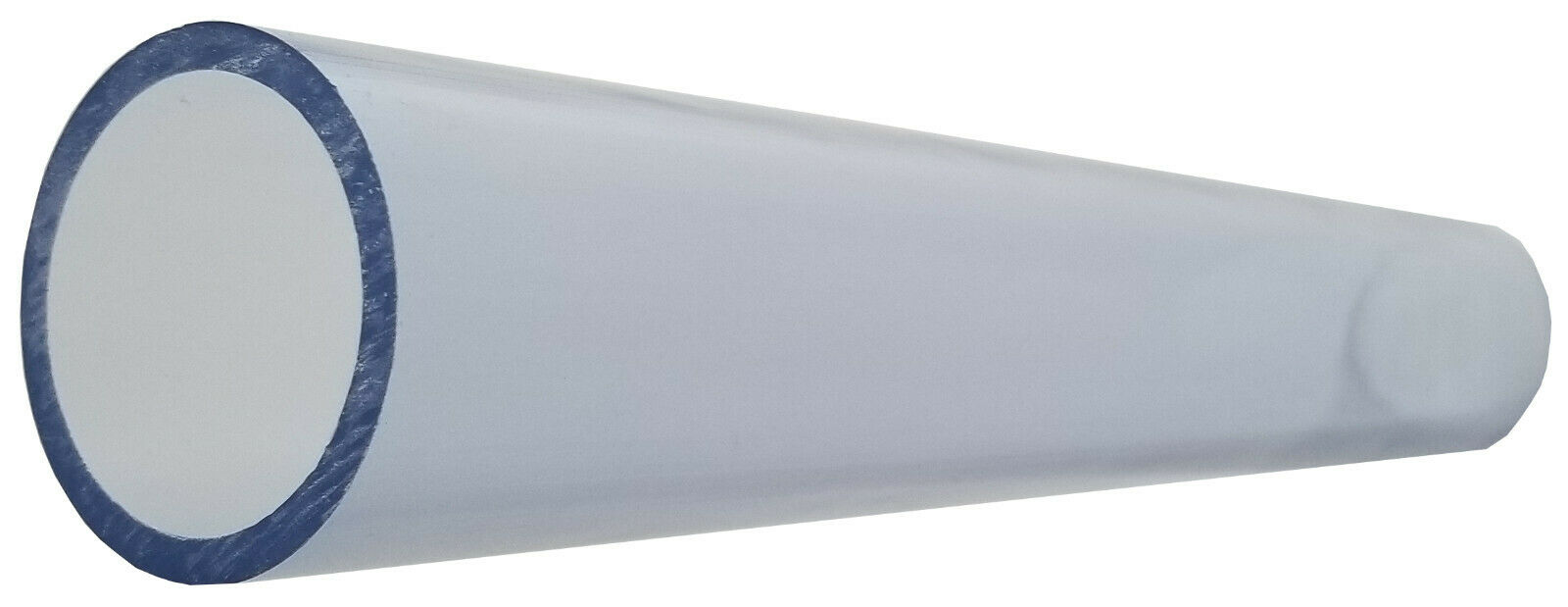-40%
Annona Macroprophyllata (white flesh) seeds (2021)
$ 10.56
- Description
- Size Guide
Description
●*●*●*●*●*●*Tropical fruits from Mexico.●*●*●*●*●*●*●**●*●*●*● VERY IMPORTANT *●*●*●*●
Please check the rules about importing seeds in your country (import permit, banned species, etc...). It's your responsibility to provide me with any special permit for importing seeds ( i.e. Small packets permit and other postal requirements ). If your postal regulations are strict and you need a phytosanitary certificate PLEASE DON'T BUY FROM ME, SEARCH ELSEWHERE. It's expensive and a waste of time to get it, If you decide to continue anyway don't spend more than you can lose, I will not be responsible in case of seizure by customs at arrival. If any problem should arise first contact me and allow me to work things out with you, don't start any request, I believe that's a very rude and a very unpolite behavior, that would mean you didn't read this information and that you will be blocked from all my future publications.
About Shipping : Seeds are sent from Mexico, I use registered international mail with tracking by SEPOMEX (Mexican Postal Service). Once the package leaves Mexico, this is handed over to your National Postal Service and you can start tracking it through its own services (i.e. USPS, LA POSTE, ROYAL MAIL).
*●*●*●*● VERY IMPORTANT *●*●*●*●
Annona macroprophyllata (Ilama).
It is a rare Anonna. Large fruit, sometimes over 6" long, having similarities in both shape and size to the Annona cherimola. The rind tends to be either green or pink-purple, with white or pinkish flesh respectively. Some varieties have deep red flesh. Flavor is said to be excellent in many varieties, rivaling that of the cherimoya and sugar apple. Ilama is the most cold sensitive of all the Annona. Typically fruits mature from July to December. The fruit is almost always eaten raw, out of hand. It grows best in climates having a dry season, followed by heavy rainfall. Ilama fruits perish within days of harvest and the fruit transports very poorly, hence its relative obscurity to much of the world.









